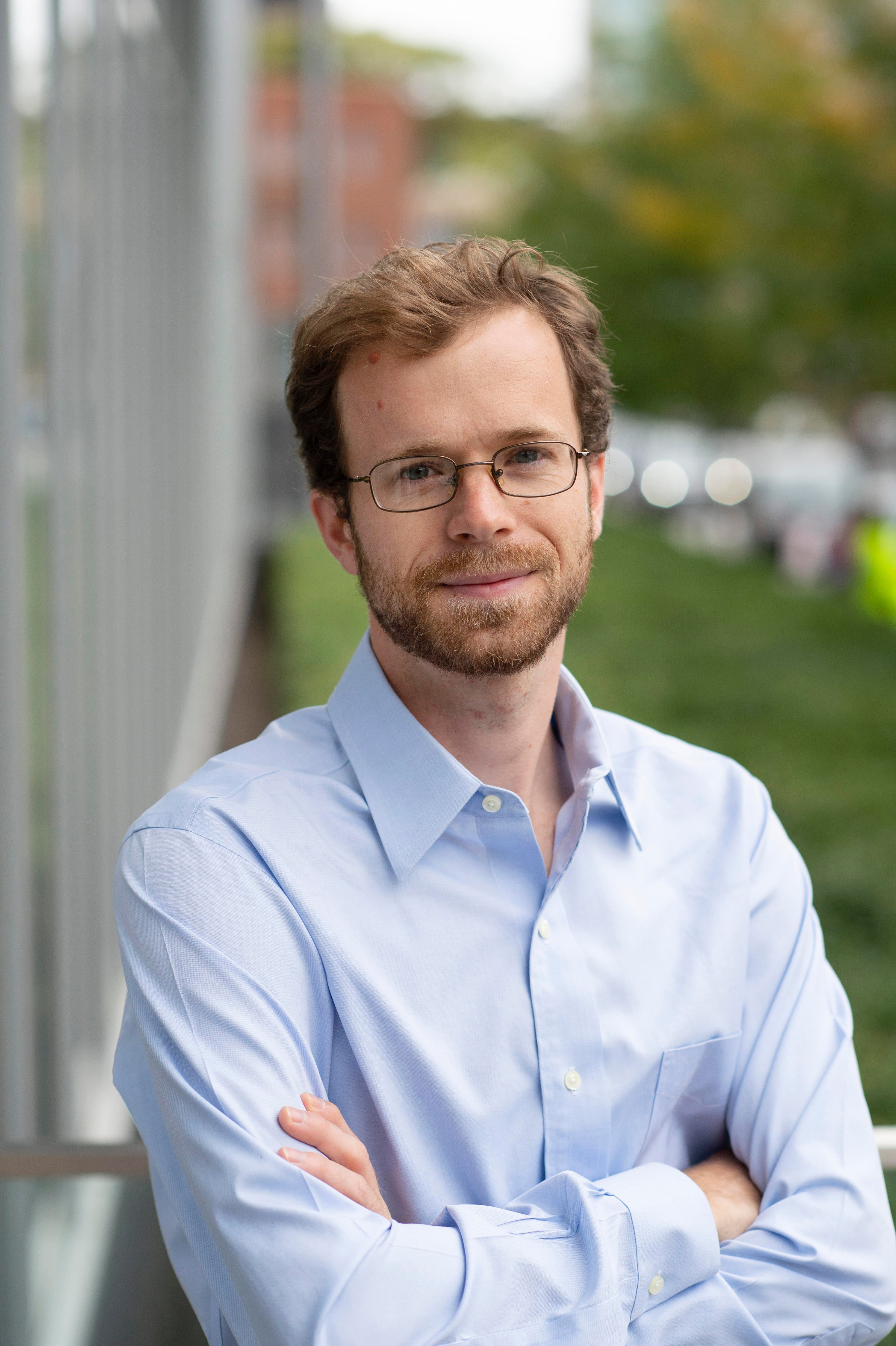Bridging the Gap Between Social Science and Sustainability Modeling

Rapid scale-up of clean energy systems is not just a matter of technology; institutions and their influences are also critical factors. Professor Davidson's research is at the forefront of quantifying--and thus better understanding--these factors.
—Eric Masanet, Professor, Bren School
This seminar will be presented in person only; there will be no live remote viewing available. Please join us in Bren Hall 1414.
ABSTRACT
Sustainability outcomes are the result of interactions among natural, engineered and socio-economic systems. Institutions—formal and informal—play a key role in guiding human decision-making in relevant sectors and can help explain the functioning of systems (static) and their evolution (dynamic), yet they are not well characterized or commonly studied in the sustainability modeling literature. In this talk, I will present a comparative synthesis of three sustainability models— integrated assessment modeling (IAM), engineering-economic optimization (EEO), and agent-based modeling (ABM)—and results of efforts to incorporate heterogeneous institutions. Applications to the ongoing policy debate surrounding regional coordination in the western U.S. power grid will be highlighted. The remainder will focus on directions for the interdisciplinary sustainability community to bridge the gap between rich social science (theories and empirical evidence) and modelers seeking to explore the socio-political and economic foundations of sustainability transitions.
BIO
Michael Davidson is an assistant professor joint with the Mechanical and Aerospace Engineering Department and School of Global Policy and Strategy at the University of California, San Diego, where he leads the Power Transformation Lab. Dr. Davidson’s teaching and research focus on the engineering implications and institutional conflicts inherent in deploying low-carbon energy at scale to mitigate environmental harms. Michael holds a Ph.D. in engineering systems and an S.M. in technology and policy from MIT, and a B.S. in mathematics and physics and a B.A. in Japanese studies from Case Western Reserve University. He has held fellowships at the Harvard Kennedy School and Tsinghua University, and worked on U.S.-China climate policy for the Natural Resources Defense Council.